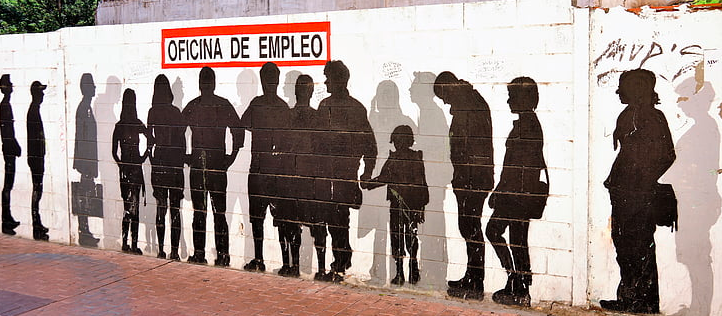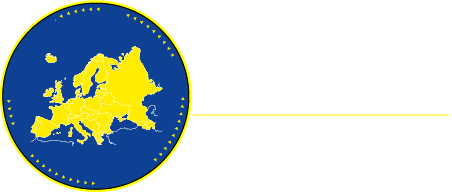

This course includes
- The difference between soft skills and hard skills
- Time management
- Interpersonal skills
- Solving problems
- Adapt soft skills to the workplace
- Reflection, Evaluation, and Certification
Audience
- Teachers,
- Trainers,
- Educators,
- School administrators, etc.
Soft skills or transferable skills are basic skills sought in every profession. Regardless of the job, your soft skills will be just as critical to your success as your technical knowledge. Soft skills or transferable skills are non-technical skills that relate to how you work.
Course Content
Daily Program
Locations & Dates
Pre-Register Form
Overview:
Soft skills or transferable skills are basic skills sought in every profession. Regardless of the job, your soft skills will be just as critical to your success as your technical knowledge.
Soft skills or transferable skills are non-technical skills that relate to how you work. These include how you interact with colleagues, how you solve problems and how you manage your work. They consist of a combination of human skills, social and communication skills, character traits, attitudes and mindsets, as well as social and emotional characteristics, among others, which are sought after in all professions.
Learning Outcomes:
All participants will:
•. to know the soft skills
• to solve problems and manage them
• to evaluate soft skills.
• to apply methods for identifying soft skills
• to know how to transfer knowledge to other people.
Objectives:
• Knowledge and understanding of soft skills to promote good practices in education
• Identifying the soft skills required for employment
• Development of hard skills knowledge vs. soft skills
• Knowledge of developing a CV focused on transferable soft skills.
• Improving learners’ digital skills
• Participants will be able to implement the course content in their own classrooms
• Share best practices, ideas and materials with colleagues across the EU
Methodology:
The course promotes various practical strategies for knowing and highlighting transferable soft skills.
The interactive methods used will lead to the development of new ideas that will result from the discussions between the participants.
Preparation:
Before class,
– Participants will complete a detailed questionnaire before the course to indicate their level of experience, teaching and training background.
– They will also prepare a presentation that reflects their own teaching method.
Validation:
– A certificate of participation in the course will be given to all participants.
– A Europass mobility certificate will be granted if the participant requests it.
Day 1:
Icebreaker
Presentation of the program
Presentation of the participants
What does a soft skill mean?
The difference between soft skills and hard skills
Hard skills development vs. soft skills
Day 2:
Examples of soft skills that you can include in your CV
Time management
Communication
Adaptability
Day 3:
Solving problems
Team work
Creativity
Leadership
Interpersonal skills
Day 4:
Work ethics
Attention to detail
Observation
Persuasion
Negotiation
Day 5:
How to highlight your soft skills in your CV?
Adapt soft skills to the workplace
Support your soft skills with other sections
Practical exercises – Do you want a new job? Highlight your skills on your CV!
Feedback questionnaire
Conclusions/Certificates
Follow-up
All course participants will be provided with the presented materials, for effective dissemination in their own organizations and in other places. We will create a contact list of participants to exchange ideas/experiences. Learners will complete a feedback questionnaire regarding the training event.

Budapest, HUNGARY
Location:
Budapest, Hungary
Dates:
06-10 May 2024
